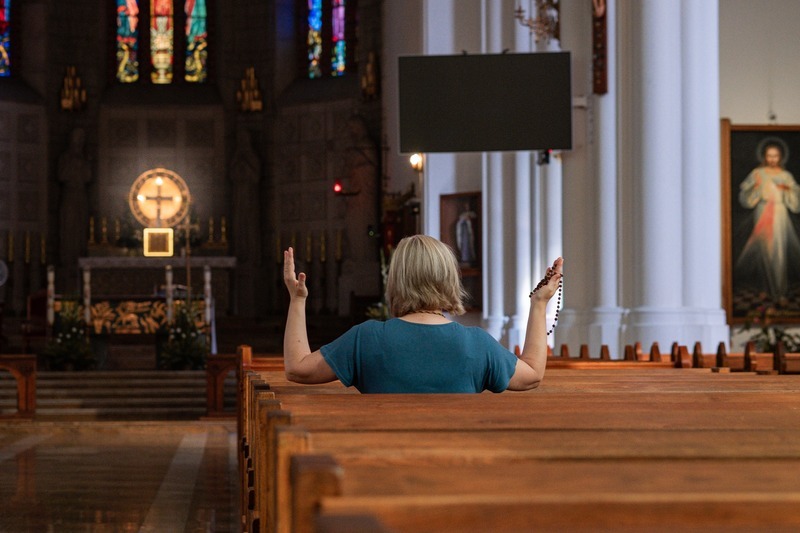
The United Kingdom is experiencing a significant shift in its religious landscape, with researchers now describing it as entering its "first atheist age". This conclusion comes from the 'Explaining Atheism' project, a major study led by Queen's University Belfast that surveyed nearly 25,000 people across six countries.
According to the study's findings, which combined data from multiple sources including the British Social Attitudes Survey and World Values Survey, the UK now has a relative majority of atheists. This marks a dramatic change from just four decades ago when three-quarters of Britons reported believing in God.
Dr. Lois Lee from the University of Kent's Department of Religious Studies commented on this shift, stating, "The UK is entering its first atheist age. Whilst atheism has been prominent in our culture for some time, it is only now that atheists have begun to outnumber theists for the first time in our history."
The research project, which spanned three years and was funded by the John Templeton Foundation, aimed to uncover why some individuals are atheists and why certain countries have higher percentages of atheists than others. It involved several UK universities, including Brunel University of London and the University of Kent.
Lead researcher Professor Jonathan Lanman from Queen's University highlighted that the study's findings challenge many popular theories about the causes of atheism. "Our large cross-cultural surveys reveal that while many factors may influence one's beliefs in small ways, the key factor is the extent to which one is socialised to be a theist," he explained.
The study found that parental upbringing and societal expectations regarding belief in God are the strongest influences on an individual's beliefs. Interestingly, the research also revealed that most atheists and agnostics still hold some form of supernatural belief.
These findings are supported by recent census data. The 2021 England and Wales Census showed that 37.2% of the population now identify as having no religion, up from a quarter in 2011. Simultaneously, the number of people identifying as Christian fell to a minority for the first time, at only 46.2% of the population.
As the UK continues to navigate this changing religious landscape, the researchers hope their findings will contribute to a more nuanced understanding of belief and non-belief in contemporary British society, helping to counter stigma and harmful assumptions about both atheists and theists.



















